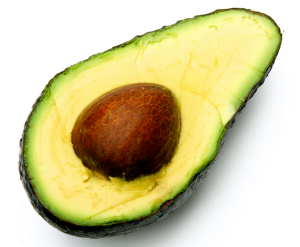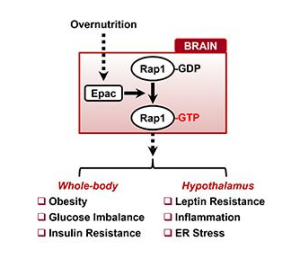Adele Davis, one of the top nutritionists of all times, in 1947 said about our diet that the knowledge in the kitchen lagged decades behind progress made in nutritional research. 
We now know that this thought leader made a mistake. A common mistake, people have known for a very long time what is healthy diet and what is not. Research in 1947 has already shown that high intakes of saturated fat is conducive to high levels of bad cholesterol. In 1947 Adele Davis promoted the use and consumption of organic, pesticide free foods in our diets. She warned against food additives, she said in 1947: ‘avoid bakery products, forego doughnuts, potato chips, french fries and increase vitamin B intake’
She also argued that people should give up cigarettes, hair dyes and lipsticks with a paraffin base.
She warned that barbeque fat dripping into the fire, causing flames to flare up and produce carcinogenic substances on the charred surface of the meat and also in the fatty substances of the meat. She complained about food labeling not listing all ingredients and advised all who would listen, to carefully read the fine print on all labels. So what has changed since 1947?
Why are we still consuming mountains of fast food, why are our children overweight and struggling with obesity? Why are we still having a braai and flame grilled still being branded as a popular option? Surely ‘flame grilled’ should be something to be avoided? We love confectionery, small doughnuts smothered in chocolate sauce, with sprinkles. Tiramisu, black forest cakes and all sorts of delicious, timeless temptations.
Over 65 years have passed and we are still promoting organic foodstuff, we are still aware that french fries are not healthy, we know very well that eating doughnuts will result in an increase in stored fat, nothing new and yet one would take a current magazine from the supermarket shelf and read about an old diet, dusted off, polished up and shouted out as the newest, freshest news about dieting and dropping a dress size (or two)
Why we eat
Appetite is a learned response and is based on smell, taste and sight. Appetite is fueled by our emotions, cultural aspects, peer pressure whilst hunger is a physical need. From youth we are wrongly taught to override the physical hunger and assisted to develop appetite, kids are forced to ‘finish all the food in the plate’, Kids are spoiled by multiple flavours, MSG and others, high sodium fast foods and imprinted with images of fun, toys and joy. Kids quickly develop a taste for treats and these are often used to discipline the child, ‘eat all your food and then you may have desert’ or ‘do this and you may eat that chocolate’. Surprised that the number of obese and overweight children has increased by over 70 percent in a few decades?
Reasons we eat:
- * Hungry
- * Addicted
- * Emotions
- * Habit
- * Genetics
- * Disease
- * Boredom
- * Ignorance
- * Compulsion
Now, if you were honest you would have taken ownership of more than one of the points above. It is again important to mention that much of why we eat is behavioral and can be changed.
The other thing to realise is that we are humans, we are not machines, yes, we are going to eat cake. Yes, we are going to have that cocktail but it is just as important for us to know our weight, to track where we are at which point so that we can cut back seriously when we hit the top end of our acceptable weight and know when it is okay to relax, have fun and eat that delicious slice of chocolate cake.
In this series of articles we will explore our fascination with food, what do we consume in our diet and which diets are easier than others, evaluate and truly understand the reasons why our current diet is making us fat.
The next article in this series will expand on the reasons we eat and biological factors, can they be changed. (Children born from starving mothers are ten times more likely to suffer from obesity, the effects of pre-natal environment on our current weight and the kicker: Can you blame your parents that you are fat?)
Advertising

All information provided for information & education purposes only. Nothing published on https://dietmy.com is intended as substitution for medical advice, diagnosis, or for any treatment.



